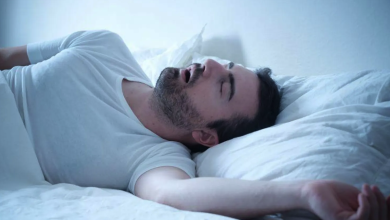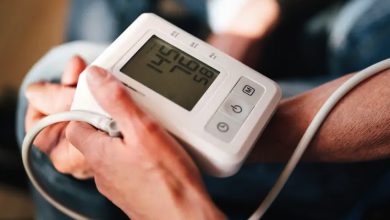Most people who have experienced depression know that it is often accompanied by sleeping problems
Our team of writers, editors, and medical experts rigorously evaluates each article to ensure the information is accurate and exclusively cites reputable sources. Learn More
We regularly assess how the content in this article aligns with current scientific literature and expert recommendations in order to provide the most up-to-date research.
People with depression may find it difficult to fall asleep and stay asleep during the night. They can also have excessive daytime sleepiness or even sleep too much.
At the same time, sleep problems can exacerbate depression, leading to a negative cycle between depression and sleep that can be challenging to break. Poor sleep may even provoke depression in some people.
Understanding the complex relationship between sleep and depression can be an important step in improving sleep quality and better managing depression.
What Is Depression?
Feelings of sadness, disappointment, or hopelessness can be a healthy reaction to life’s challenges. Normally, these feelings come in waves, are tied to thoughts or reminders of challenging situations, only last for a short period of time, and don’t interfere with school, work, or relationships.
In depression, these feelings follow a different pattern. When they persist for more than two weeks, are felt nearly every day, and remain for most of the day, they may be related to a group of mood disorders called depressive disorders. Also called clinical depression, depressive disorders include feelings of sadness, disappointment and hopelessness, as well as other emotional, mental, and physical changes that lead to difficulties with daily activities.
Depression is the leading cause of disability globally, affecting about 4.4% of the world’s population. After anxiety, depression is https://besthookupwebsites.org/cs/down-dating-recenze/ the second-most-common mental health issue in the United States. As many people with depression know, it can dramatically affect a person’s sleep and overall quality of life.
What Causes Depression?
While researchers don’t know the exact cause of depression, there are a number of factors that can increase the risk of developing this condition. These include having a personal or family history of depression, experiencing major stressors or traumas, taking certain medications, and having specific illnesses.
Related Reading
- Somniphobia: Understanding the Fear of Sleep
- Maladaptive Daydreaming
- Grief and Its Effect on Sleep
Symptoms of Depression
The symptoms of depression can include physical changes as well as changes in moods and thoughts that interfere with normal daily activities. Symptoms may include:
- Persistent sad, low, or irritable mood
- Feelings of hopelessness, worthlessness, or guilt
- Loss of interest or pleasure in activities
- Decreased energy and fatigue
- Difficulty concentrating
- Insomnia, waking up too early, or oversleeping
Depression is more common in women and there may be differences in the symptoms of depression based on sex and age. Men often experience symptoms such as irritability and anger, whereas women more frequently experience sadness and guilt. Adolescents with depression may be irritable and have trouble in school, and younger children may pretend to be sick or worry that a parent may die.
How Is Depression Diagnosed?
Depression can only be diagnosed by a medical professional, so people experiencing symptoms of depression should talk with their doctor, counselor, or psychiatrist. They may ask about the severity of the symptoms and how long they’ve persisted. They may also suggest tests that can help them to better understand your situation and monitor changes or improvements over time.
A provider may also refer patients to a specialist in sleep disorders to help determine if there is an underlying sleep disorder, such as sleep apnea or restless leg syndrome, that may be causing depression or contributing to symptoms.




